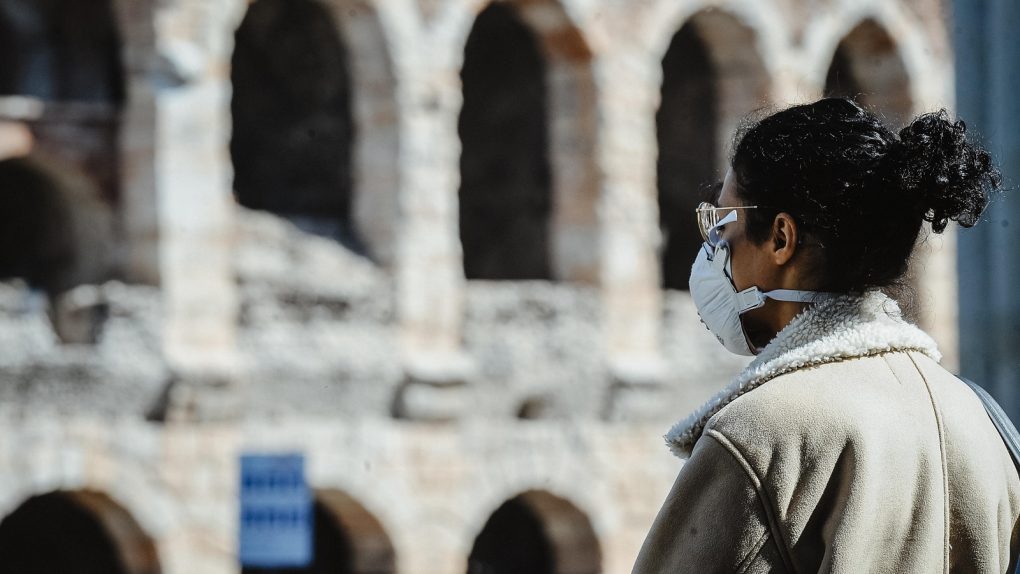- The World Health Organization (WHO) said the novel coronavirus “may never go away,” echoing remarks from other experts on the matter.
- A few days ago Dr. Anthony Fauci said there’s little chance that the virus will ever be eradicated.
- While COVID-19 may become endemic like the flu, there are plenty of promising treatments in development that will speed up recovery and reduce complications, making the disease a lot more manageable than it is right now.
- Visit BGR’s homepage for more stories.
The novel coronavirus threat remains even if your community may have loosened lockdown restrictions in the past few days, attempting to return to some sense of normalcy. The curve may have been flattened in some countries and regions, but the virus isn’t going anywhere. As long as there are people carrying the virus, COVID-19 will not just disappear. The only way it can be eradicated would be with the help of a global mandatory vaccination campaign, but that would be a logistical nightmare. And that that assumes vaccines will actually work, because we have no guarantees for the time being. Also, it’s unclear how long COVID-19 immunity will last and how likely it is for patients who survived the disease or were inoculated with a viable vaccine to be reinfected in the future. In other words, COVID-19 is here to stay, and that’s exactly what the WHO had to say about the new disease.
“It is important to put this on the table: this virus may become just another endemic virus in our communities, and this virus may never go away,” WHO emergencies director Dr Mike Ryan said from Geneva. That may sound like bad news, but it actually isn’t. The best comparison is the flu or HIV, viruses the world has grown accustomed to live with.
Ryan made the same analogy “HIV has not gone away – but we have come to terms with the virus,” he said. The WHO official also said that he doesn’t believe “anyone can predict when this disease will disappear.”
His remarks are in line with recent comments from top US infectious disease expert Dr. Anthony Fauci, who said during a hearing with the Senate Health Committee a few days ago there’s almost no chance the virus will be eradicated.
[SARS-CoV-2] is so transmissible, and it is so widespread throughout the world, that even if our infections get well controlled and go down dramatically during the summer, there is virtually no chance it will be eradicated. Which means there will be infections in the Southern Hemisphere, in South Africa, in Argentina, places like that. And with the travel, the global travel, every single day, of literally hundreds of thousands of people coming into the United States every day from all over, there’s no chance we’re going to be virus-free.
Earlier this week, WHO also explained that none of the promising drugs being used right now can kill or stop the virus. That may sound like bad news at first, but it’s not. The goal of treating COVID-19 isn’t to actually kill the virus, but to help the body fight it. The drugs do speed up recovery times and can prevent complications or even death.
In the past two months alone, the world has come a long way when it comes to treating COVID-19. Doctors have highlighted several therapies that work against the novel coronavirus including remdesivir, a triple-drug combo that includes an HIV drug, blood thinners, plasma transfusions from survivors, stem cell therapy, and several other meds that might be repurposed for COVID-19.
In the weeks and months that will follow, a new series of drugs will appear in clinical tests, the lab-grown antibodies that work against the virus. Moreover, more results from some of the vaccine candidates that are in advanced testing will be published, just as similar drugs enter human trials of their own.
Fauci and other experts explained in a paper that the world will need several vaccines to fight the coronavirus, proposing a plan that would deal with all the development and logistics challenges that appear along the way. Again, that’s if vaccines work. But even without a vaccine, researchers already proved the virus can be dealt with and the world will get better lines of treatment for COVID-19 in the near future.








